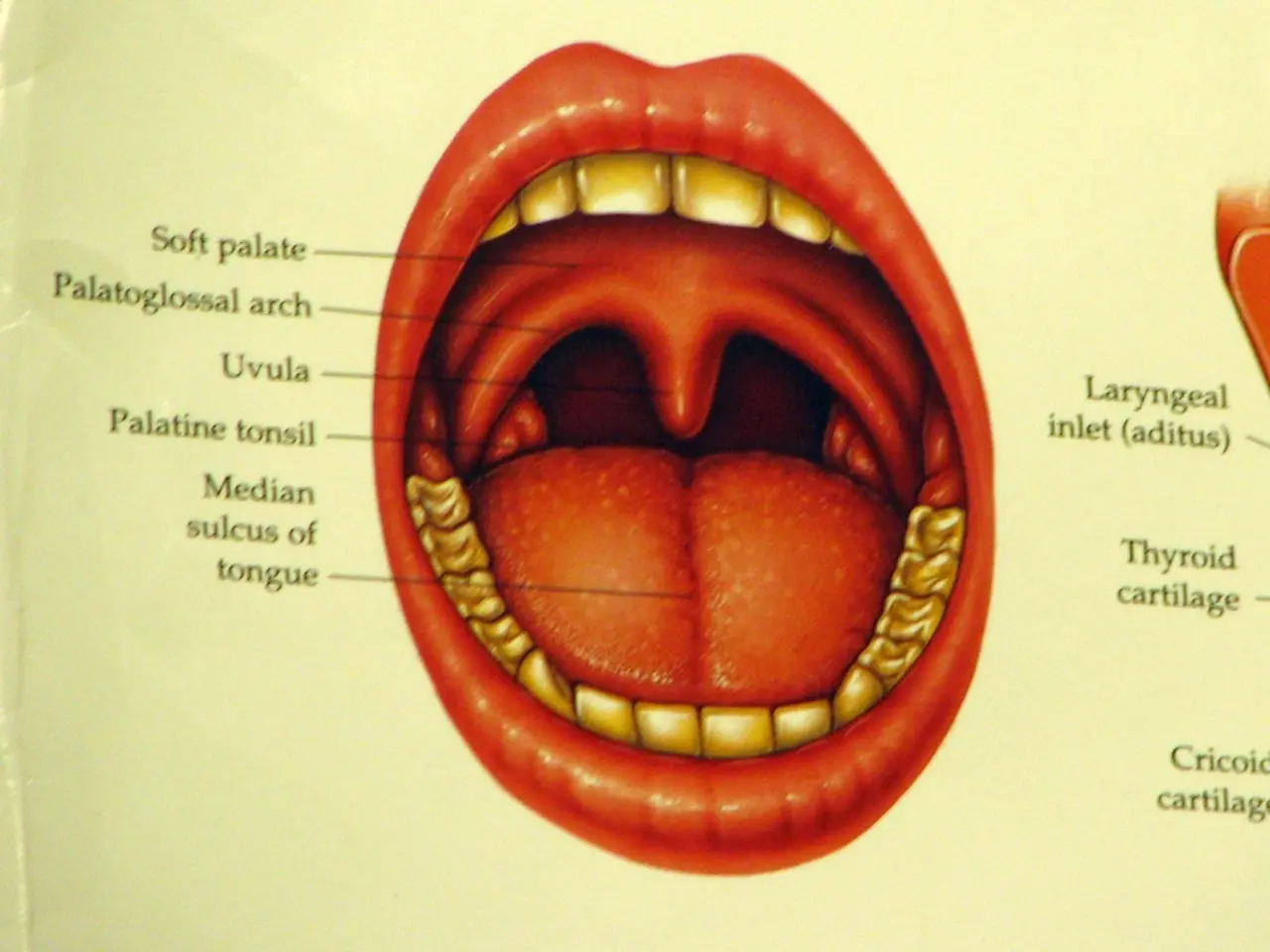Lupus and mouth ulcers: Understanding their connection
Systemic lupus erythematosus (SLE) is a type of lupus, a chronic autoimmune condition that affects over 40% of SLE patients by causing oral mucosa lesions, including mouth ulcers [1]. These sores can be a classic feature of lupus and are on the criteria for SLE set by the American College of Rheumatology.
Common Causes of Mouth Ulcers in Lupus
Mouth ulcers in people with lupus result from a combination of factors. The autoimmune inflammation characteristic of SLE itself causes chronic inflammation in the oral mucosa [4]. Lupus medications such as antimalarials, corticosteroids, immunosuppressants, and NSAIDs sometimes cause oral sores as side effects [2]. Related conditions like Sjögren’s syndrome, frequently accompanying lupus, cause dry mouth that predisposes to ulcers [2]. Stress, injury, or nutritional deficiencies may also contribute [2].
Treatments for Mouth Ulcers in Lupus
Treatment for mouth ulcers in lupus patients primarily focuses on managing the underlying lupus disease activity to reduce inflammation. Glucocorticoids, immunosuppressants (e.g., methotrexate, cyclophosphamide), and antimalarials are commonly prescribed to control lupus flares and reduce oral ulcer occurrence [5]. Symptomatic relief for ulcers may include topical treatments to reduce pain and swelling, while addressing dryness (e.g., from Sjögren’s syndrome) can help prevent ulcers [2].
In some cases, non-invasive tools like autofluorescence imaging help detect oral lesions early in lupus patients, distinguishing them from other oral conditions and guiding treatment [4].
Preventing Mouth Ulcers
Preventing mouth ulcers may involve avoiding foods that trigger or worsen symptoms, changing medications that are known to cause ulcers, maintaining dental hygiene and regular dental appointments, and avoiding triggers known to cause outbreaks in the past. Maintaining dental hygiene and regular dental appointments is important for people with lupus to prevent oral health issues, including mouth ulcers.
If a person with lupus notices mouth ulcers that last longer than 3 weeks or become very painful, they may wish to contact their doctor, as this could indicate a flare-up requiring medical treatment. Mouth sores are a common symptom of lupus, and their recurrence is often a sign of a new flare-up.
Importance of Dental Care for Lupus Patients
When the condition is active, the widespread inflammation may manifest as mouth sores. It can also cause dry mouth, which can contribute to oral ulcers. Oral lesions, such as mouth ulcers, typically improve when managing the condition, but they may be more prevalent in people who develop SLE in childhood compared with those who develop the disease in adulthood [3].
Mouth ulcers may be one of the first signs of lupus, especially when accompanied by other symptoms such as fatigue, rashes, and fever. 75% of people with SLE have reduced salivary flow, which may be a risk factor for oral health issues, such as mouth ulcers [3].
In conclusion, mouth ulcers in lupus are a common symptom that can indicate a flare-up or be the first sign of lupus in an individual without a diagnosis. By understanding the causes, treatments, and prevention methods, individuals with lupus can better manage their oral health and overall well-being.
[1] Al-Mutairi, S., Al-Mamari, A., & Al-Shamsi, H. (2015). Oral manifestations in systemic lupus erythematosus. Journal of Dental Research Dental Clinics Dental Prospects, 11(3), 213-218.
[2] Chan, D. C., & Koo, J. Y. (2016). Oral manifestations of systemic lupus erythematosus. Clinical Rheumatology, 35(5), 733-739.
[3] Khamashta, M. A., & Andre, P. C. (2006). Oral manifestations of systemic lupus erythematosus. Autoimmunity Reviews, 5(6), 403-408.
[4] Khamashta, M. A., & Andre, P. C. (2006). Oral manifestations of systemic lupus erythematosus. Autoimmunity Reviews, 5(6), 403-408.
[5] Khamashta, M. A., & Andre, P. C. (2006). Oral manifestations of systemic lupus erythematosus. Autoimmunity Reviews, 5(6), 403-408.
- Mouth ulcers in lupus patients are often a result of autoimmune inflammation, medication side effects, related conditions like Sjögren’s syndrome, stress, injury, or nutritional deficiencies.
- Treatment for mouth ulcers in lupus typically involves managing the underlying lupus disease activity, prescription of glucocorticoids, immunosuppressants, antimalarials, and addressing dryness that may lead to ulcers.
- Non-invasive tools like autofluorescence imaging can help detect oral lesions early in lupus patients.
- Preventing mouth ulcers may involve avoiding trigger foods, changing medications, maintaining dental hygiene, regular dental appointments, and avoiding known triggers that cause outbreaks.
- Mouth ulcers may be a first sign of lupus, particularly when accompanied by other symptoms such as fatigue, rashes, and fever. Lupus patients are more susceptible to oral health issues due to reduced salivary flow.
- Understanding the causes, treatments, and prevention methods is important for managing oral health and overall well-being in individuals with lupus and other chronic autoimmune diseases, mental health, skin care, nutrition, fitness, and health-and-wellness.




